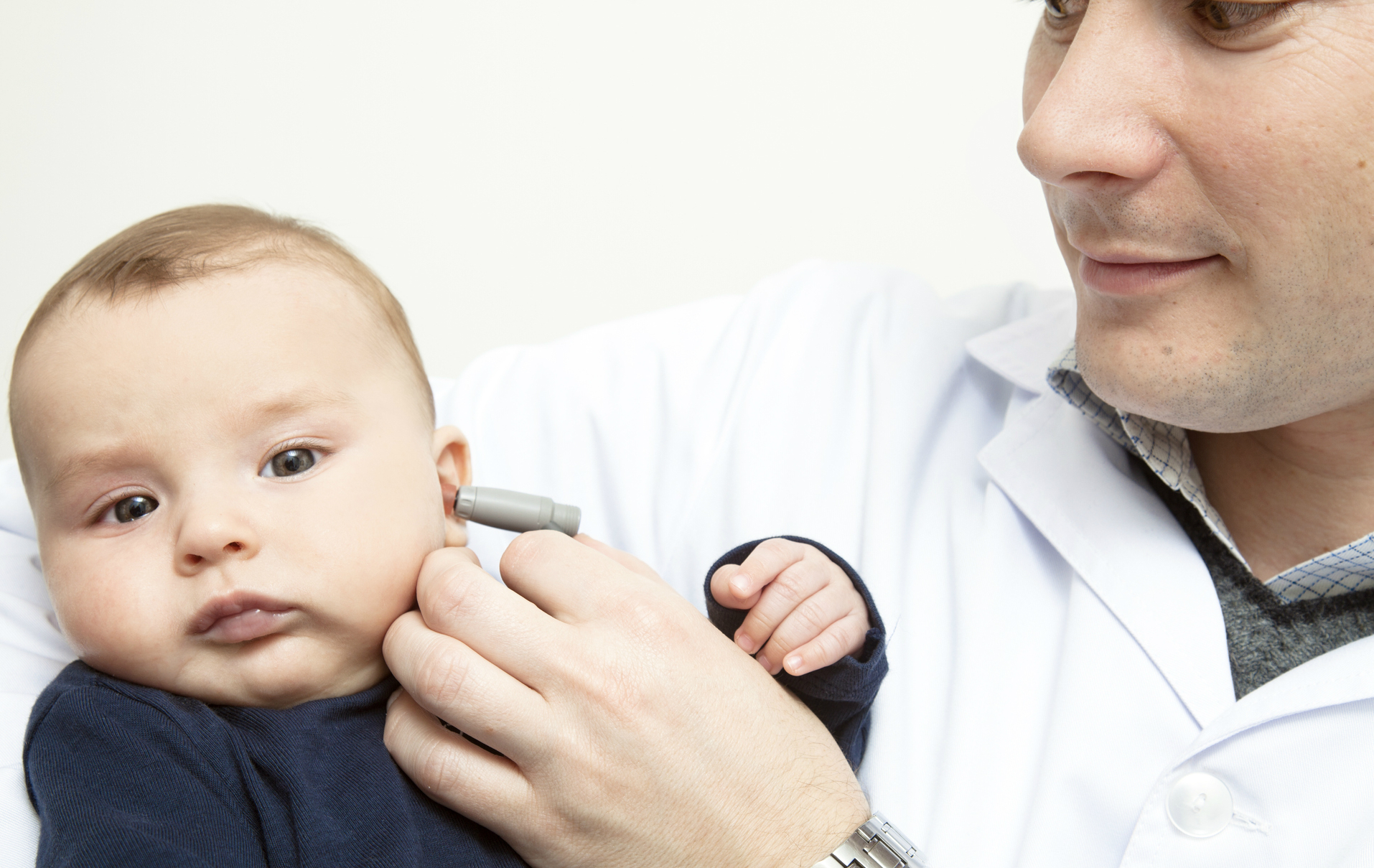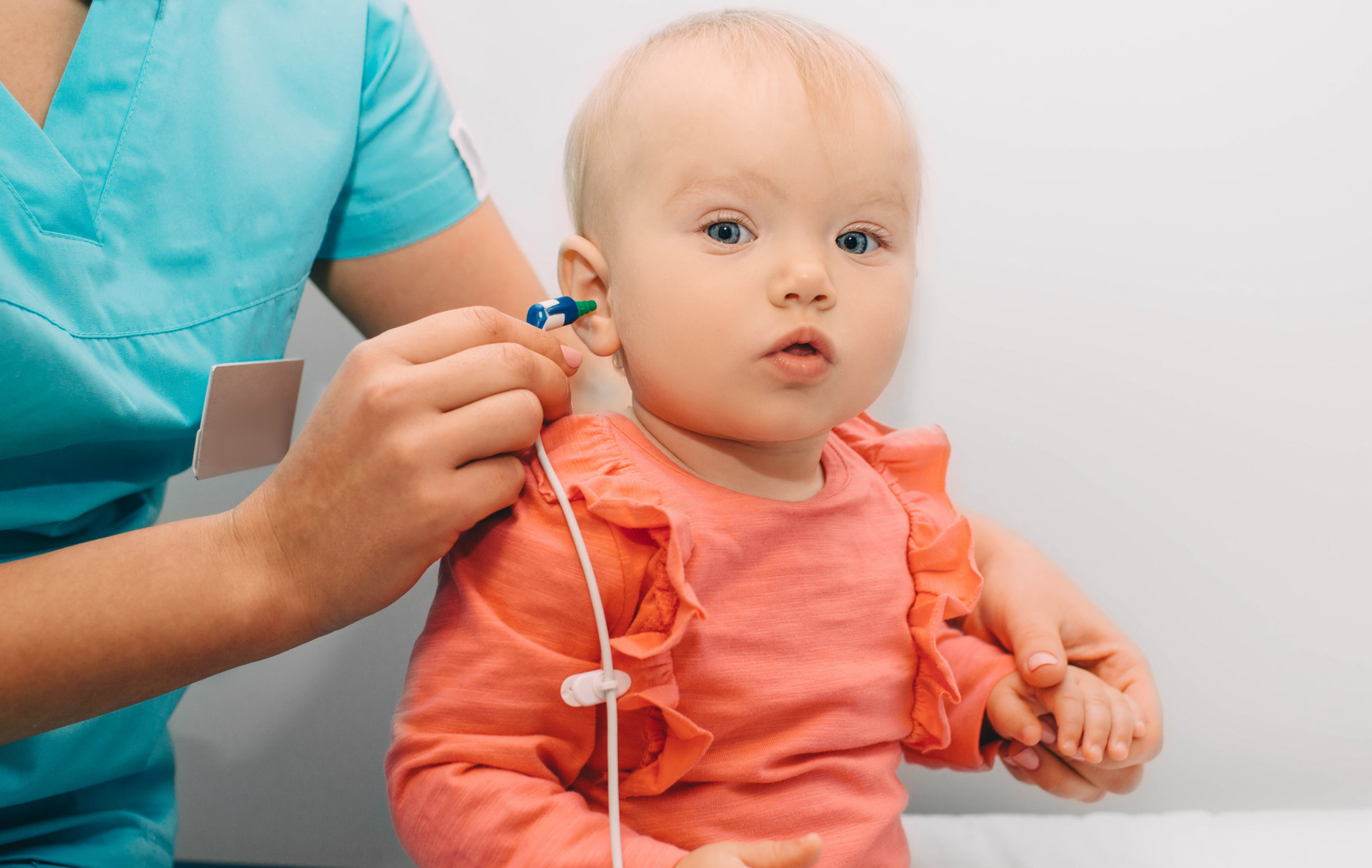Autism could be diagnosed at birth with new hearing test

An new study has found that a hearing test could help to diagnose autism from birth.
A simple hearing test could allow children with autism to be diagnosed at birth, according to new research.
The technique would enable treatments to begin years before symptoms develop - making them more likely to be effective.
Currently, children with autism are diagnosed using tests that rely predominantly on speech, and four is the typical age at which the disorder is detected.
However, a study that has just been carried out in Lake Erie College of Ostheopathic Medicine, Pennsylvania, has suggested that detection of hearing issues could be the key to a much earlier diagnosis.
The new technique, known as stapedial relax testing, is non-invasive, so can be used on infants without endangering their health.
The test works by measuring pressure changes in the middle ear in response to sounds - assessing the person's sensitivity and response times to a wide range of frequencies.
GoodtoKnow Newsletter
Parenting advice, hot topics, best buys and family finance tips delivered straight to your inbox.

There is strong link between auditory dysfunction and autism, suggesting that newborns with hearing issues could be monitored for the neuro-developmental disorder.
Randy Kulesza, professor of anatomy at Lake Erie College of Osteopathic Medicine, discussed this link, adding that he hopes it will lead to the implementation of a screening program for all infants:
'Often people with autism suffer from hypersensitivity, meaning even relatively quiet sounds can feel like overwhelming noise.
'Especially early in life the brain is very plastic - meaning the right early interventions can literally train out those deficits.'

Professor Kulesza has stated, however, that while there are distinct connections between autism and hearing impairment, more research is needed to understand the best way to employ interventions for those who have auditory dysfunction.
The Professor also shares his concerned that he is wary of the technique causing unnecessary stress to parents.
He emphasises that acoustic reflex testing should not be presented as a diagnostic tool on it's own, but that testing positive for auditory dysfunction would benefit the parent by providing early intervention which will enable them to maximise their child's potential.
Words by Niamh McCollum
Niamh McCollum is a freelance lifestyle writer who has written for Future titles GoodTo and Marie Claire UK, plus the Irish Independent. The Dublin-based journalist specialises in stories
affecting families - from health updates, to the freshest parenting debates and celebrity announcements.